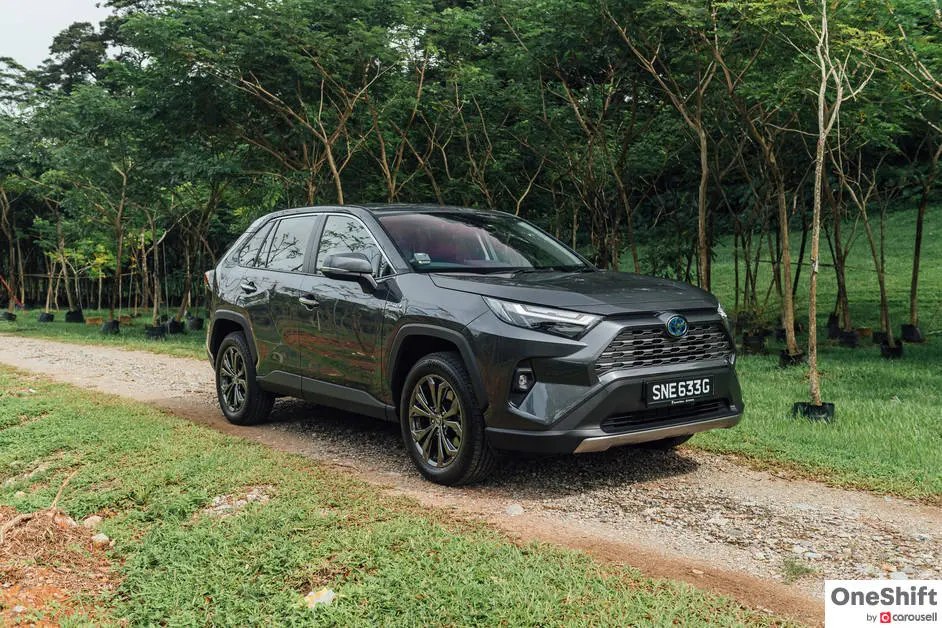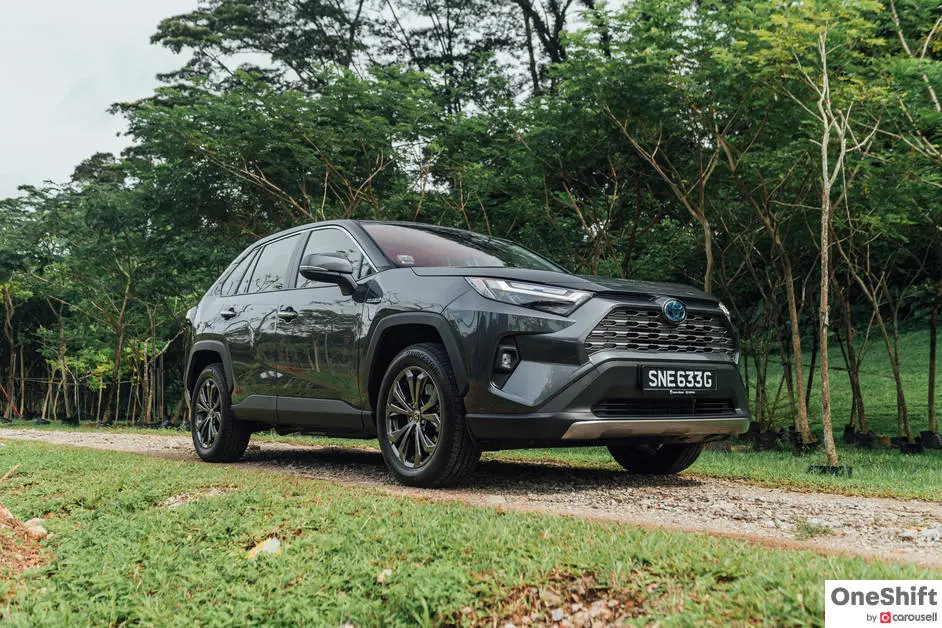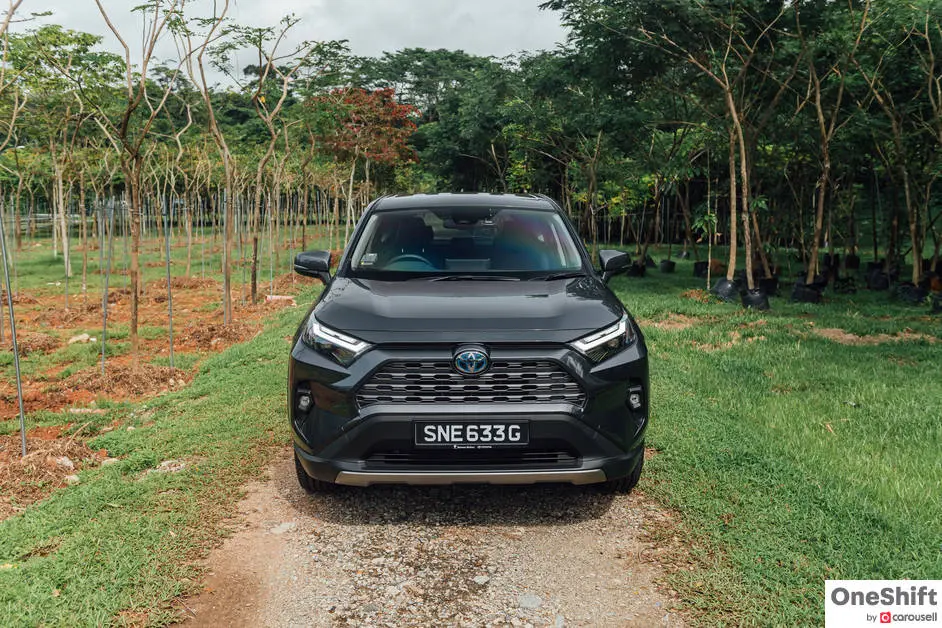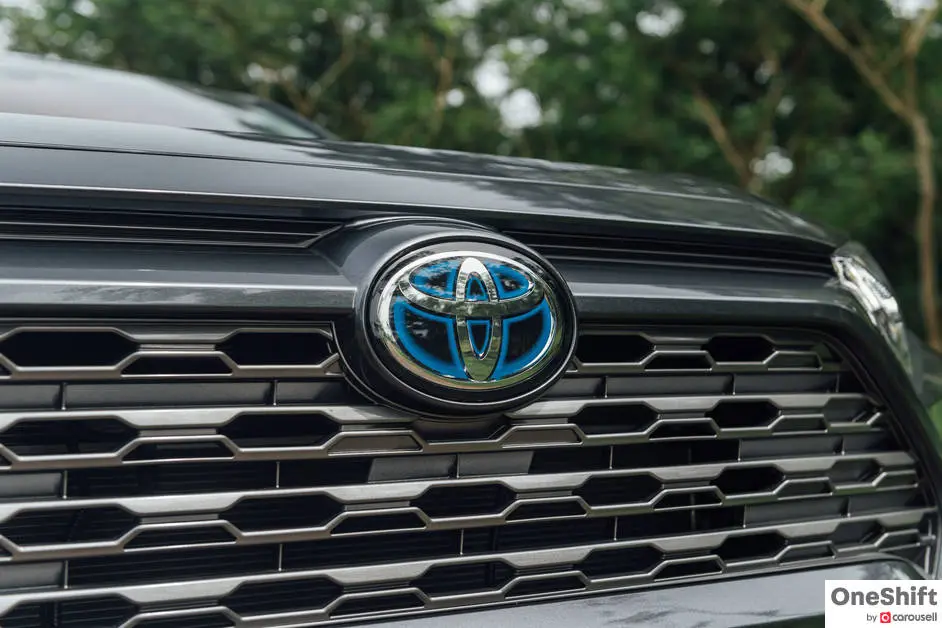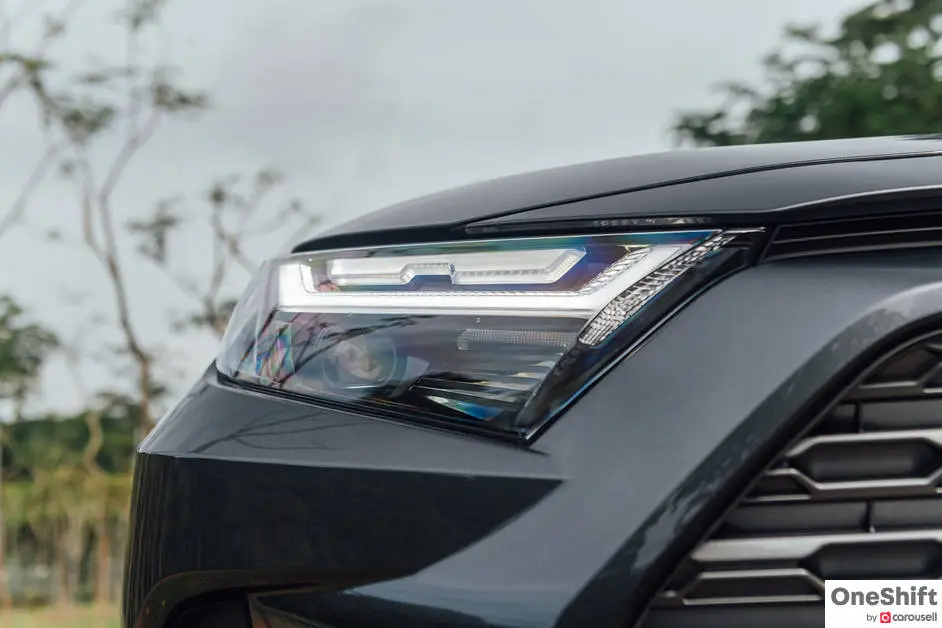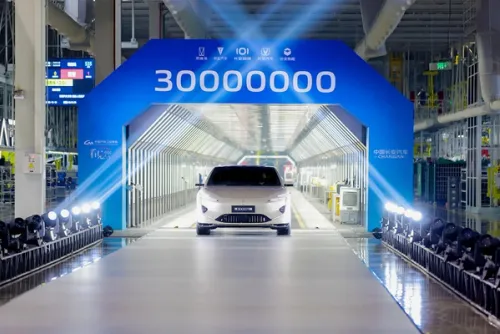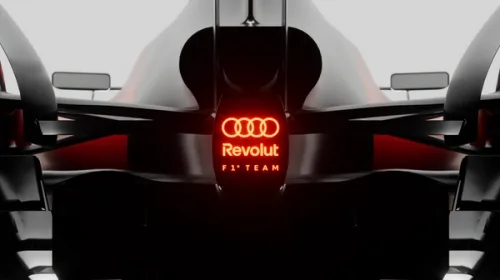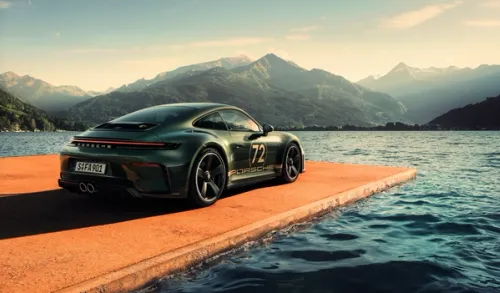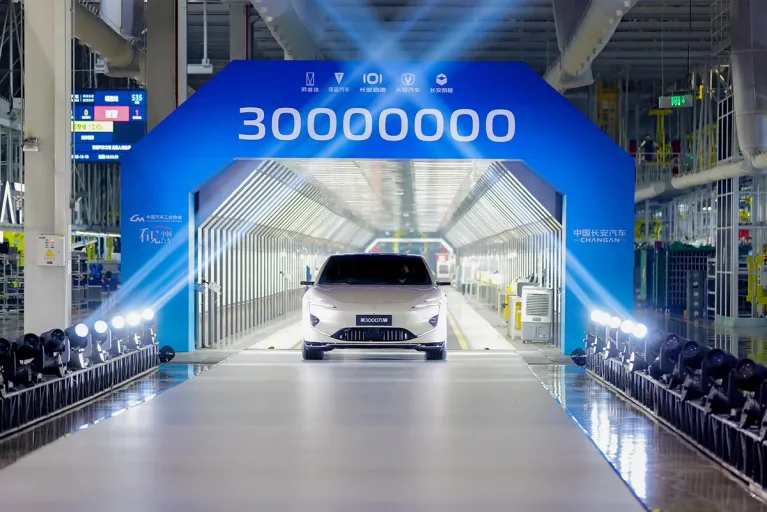Toyota RAV4 Hybrid 2.5 Review: A Fuel-Sipping Adventure
The RAV4 is the Toyota SUV that’s comfortably bigger than the Yaris Cross, while being humbler and more accessible than the Harrier that’s nipping on the toes of Lexus. Its predecessor was a wildly popular car in the early 2000s, and was also sold as a Daihatsu Terios. In fact, it’s the best-selling SUV in the world, with over 10 million cars finding homes.







The RAV4 is the Toyota SUV that’s comfortably bigger than the Yaris Cross, while being humbler and more accessible than the Harrier that’s nipping on the toes of Lexus. Its predecessor was a wildly popular car in the early 2000s, and was also sold as a Daihatsu Terios. In fact, it’s the best-selling SUV in the world, with over 10 million cars finding homes.
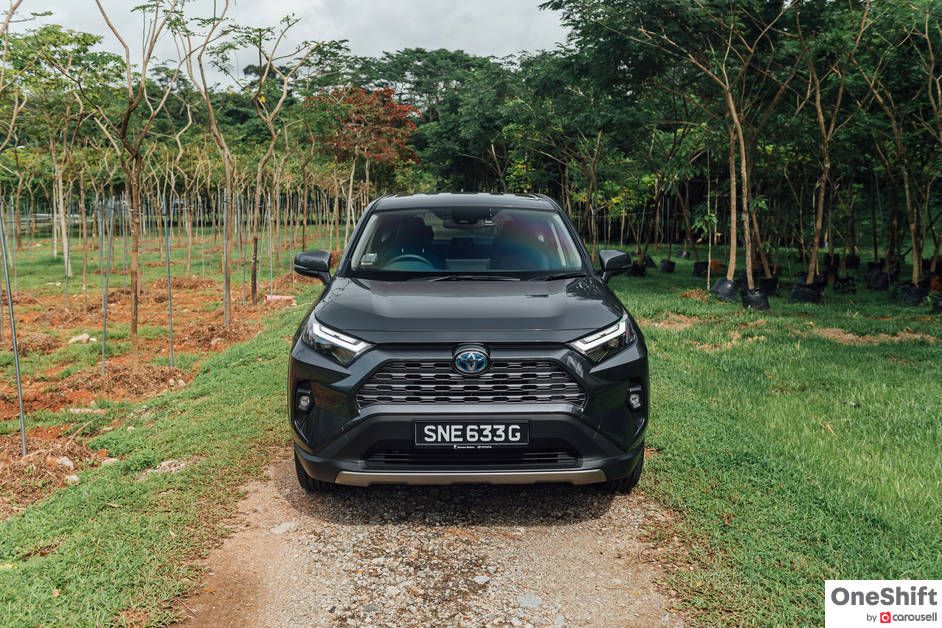
It is now far more premium inside and out, the chunky exterior hinting at a much bigger car overall, while the interior is pleasingly high-quality, if not luxurious. Built on the Toyota New Global Architecture (TNGA-K) platform, it is quite clear that it offers the best of everything a modern Toyota can: which is to say, Continental car-rivalling refinement, build quality, damping and handling. If you’ve driven a modern-day Camry or Harrier, you would know what I mean, and the RAV4 feels quite similar - in a good way.
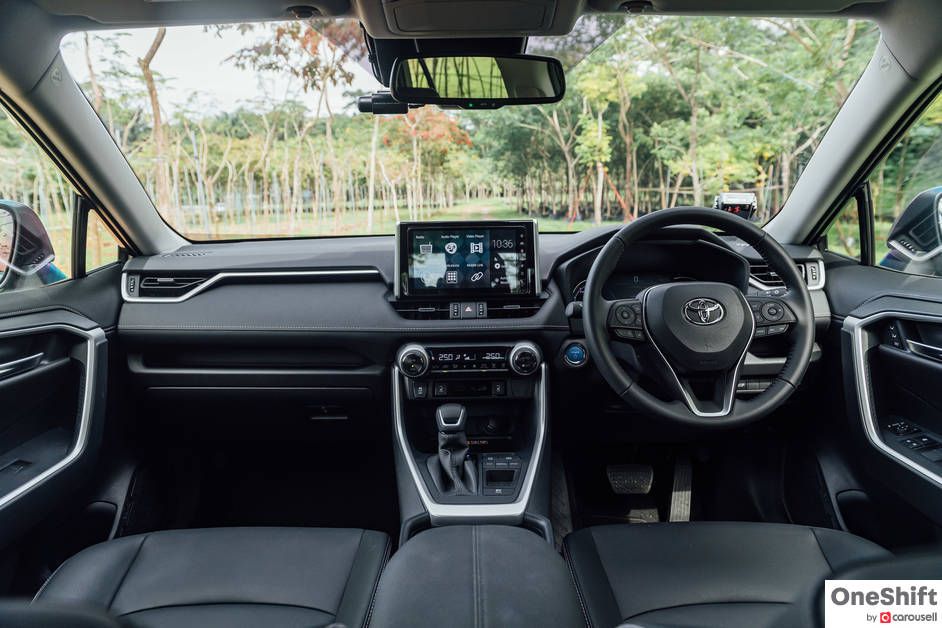
No surprise then, that the 2.5-litre ‘Dynamic Force Hybrid’ drivetrain is identical to what you find in the Camry Hybrid and Harrier Hybrid. It is powerful when ICE and hybrid systems work in tandem, giving you a decent turn of speed (0-100 km/h in 8.1 seconds). It is also surprisingly frugal. During my drive I clocked an average of 18 km/l without even trying too hard. Whatever fuel lost in hard acceleration is cleverly gained back with recuperation and having the ICE engine turned off as much as possible. It is not the smoothest thing around - the engine could be rather coarse - but it certainly sips fuel.
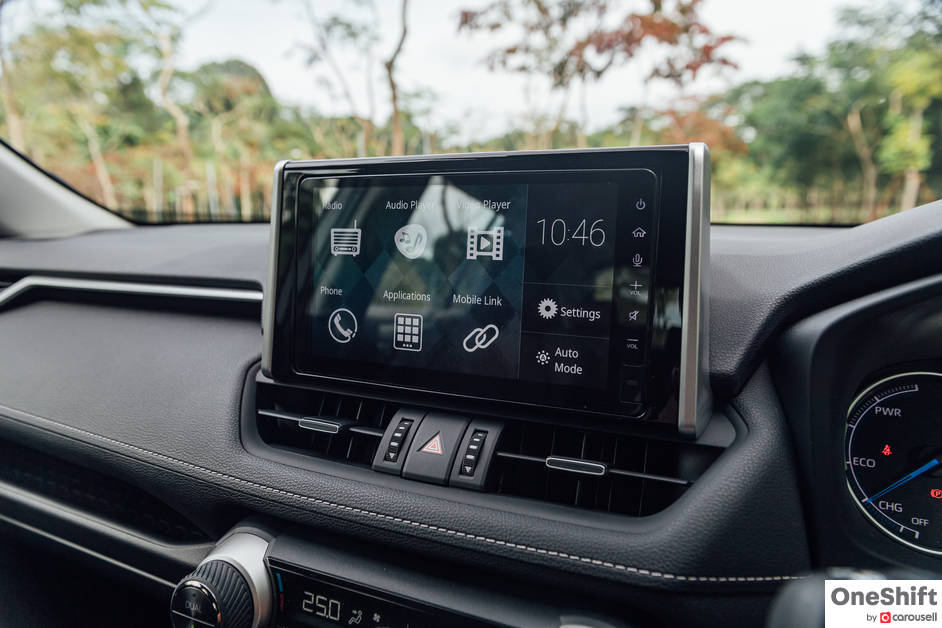
The interior is par for the course compared to a Camry, however the infotainment system is third-party rather than Toyota’s own and can feel out of place in a car that is approaching S$200k. It doesn’t integrate very well with the on-board computer on the instrument panel and just cheapens the interior a tad. Otherwise, there is plenty of space on offer including 60:40 folding rear seats and a 542-litre boot that can be opened with a kick sensor. Toyota Safety Sense comes as standard too, which was useful when I was backing out of a blind corner.
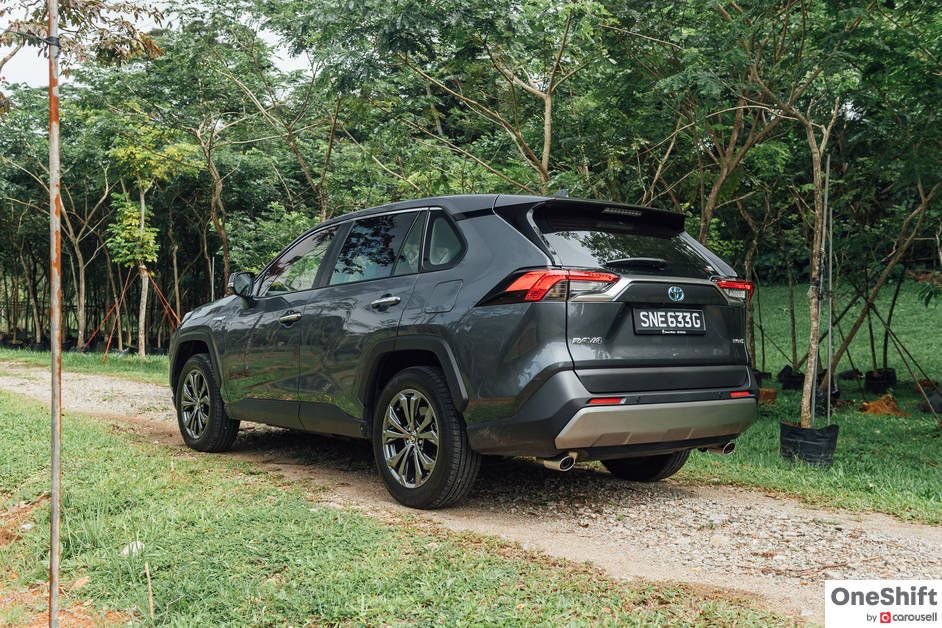
The high-strength unibody chassis is 57 percent more rigid than the previous generation and it really shows in the way the car remains unruffled over rough roads. The soft suspension works well to cancel most of them away, and the chassis remains rock solid with nary a creak or rattle. It’s certainly not a sporting car by any measure, but supremely suitable for everyday driving with delightfully quiet proceedings and impeccable road manners. Also, being front-wheel drive, it is resolutely meant only for the road, but that is fine as that’s where we would see RAV4s spending most of their time, anyway.
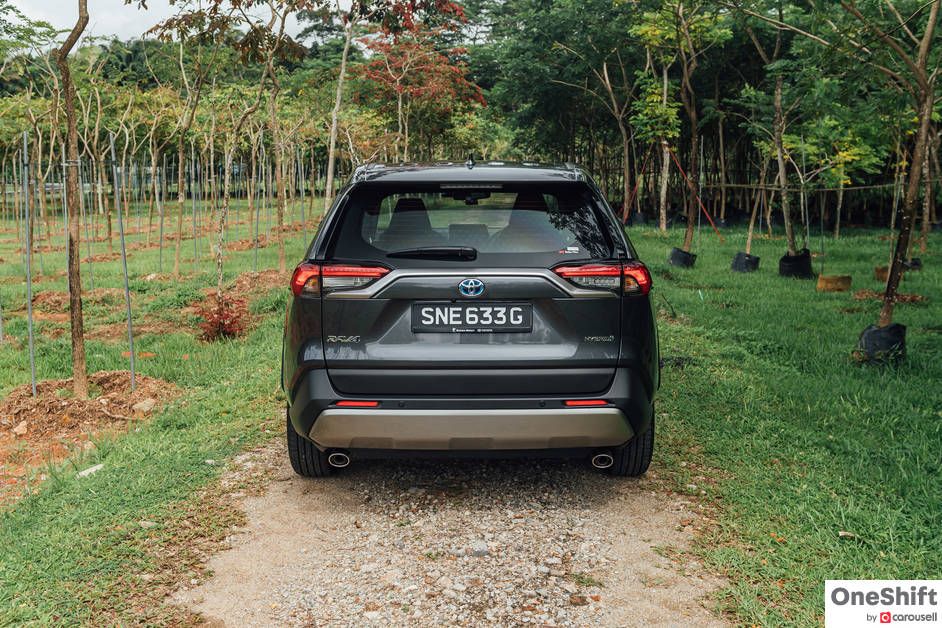
The RAV4 is a fine car, but it is only $13k cheaper than the base Harrier ‘Premium’ variant. Since one is already paying so much for the car during these trying high COE times, it would be prudent to give the Harrier Hybrid a consideration for just a bit more.
Credits: Text by James Wong; Photos by Horizon Drivers' Club
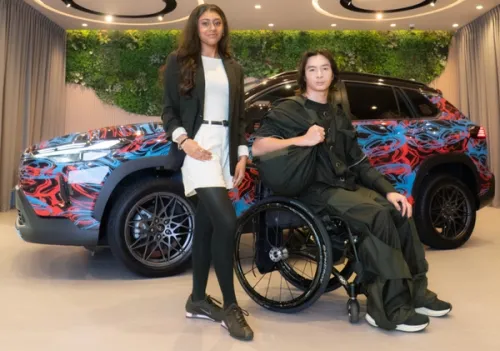


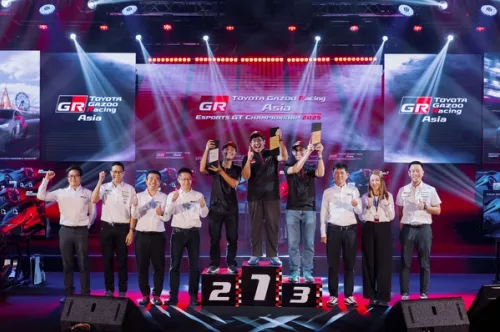

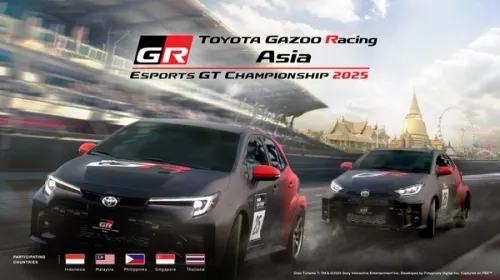


Get the Best Price for your used car
from 500+ dealers in 24 hours

- Convenient and Hassle-Free
- Consumer Protection
Transparent Process
With No Obligation
